A telescope dedicated to searching for extraterrestrial life has successfully picked up 35 fast radio bursts (FRBs) that resemble 'whistling' sounds
These FRBs originate from a distant galaxy located one billion light-years away from Earth.
The SETI Institute, using the Allen Telescope Array (ATA) in California, conducted the observations for over 541 hours, leading to the detection of these enigmatic bursts of energy.
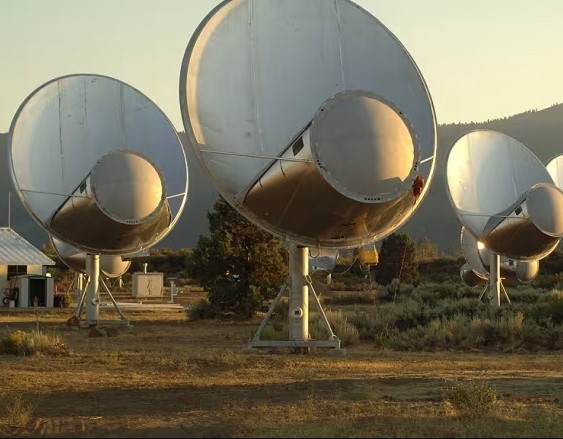
Fast radio bursts are intense bursts of radio waves that last for mere milliseconds.
Their sources remain largely unknown, although scientists hypothesize that they may originate from dying stars known as magnetar stars, which possess powerful magnetic fields capable of emitting radio waves into space.
However, the exact mechanism behind FRBs is still a subject of ongoing research.
Notably, all 35 FRBs were found within the lower frequency range and exhibited unique energy signatures
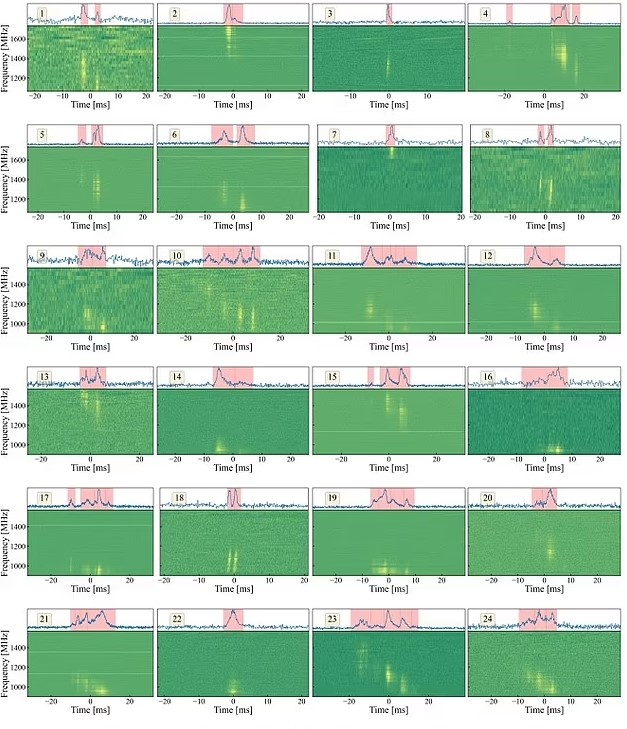
The study focused on a repeating FRB labeled as FRB 20220912A, which displayed no discernible pattern in the release of energy or the time intervals between bursts.
Interestingly, when the frequency dips in these bursts were converted into sound, they resembled the notes of a whistle being played.
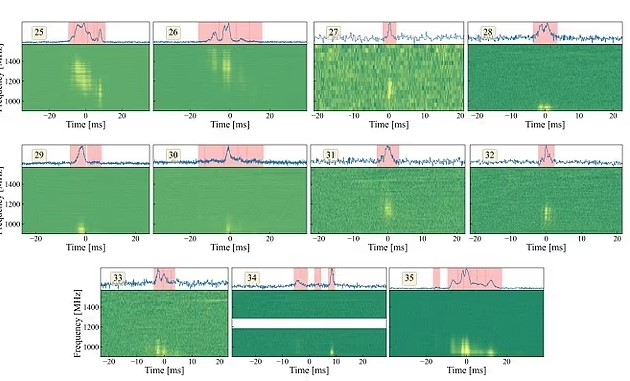
Lead author Dr Sofia Sheikh said: "This work is exciting because it provides both confirmation of known FRB properties and the discovery of some new ones.
'We're narrowing down the source of FRBs, for example, to extreme objects such as magnetars, but no existing model can explain all of the properties that have been observed so far."
Fast radio bursts (FRBs) have indeed posed a captivating mystery to scientists since their initial detection by radio telescopes in 2007
Over the years, numerous hypotheses have been proposed to explain their origin, including natural astrophysical events and even the possibility of extraterrestrial intelligent life, known as aliens.
In 2017, Avi Loeb, an astrophysicist at the Harvard-Smithsonian Center for Astrophysics, put forward an intriguing hypothesis suggesting that FRBs could potentially be evidence of technologically advanced extraterrestrial civilizations.
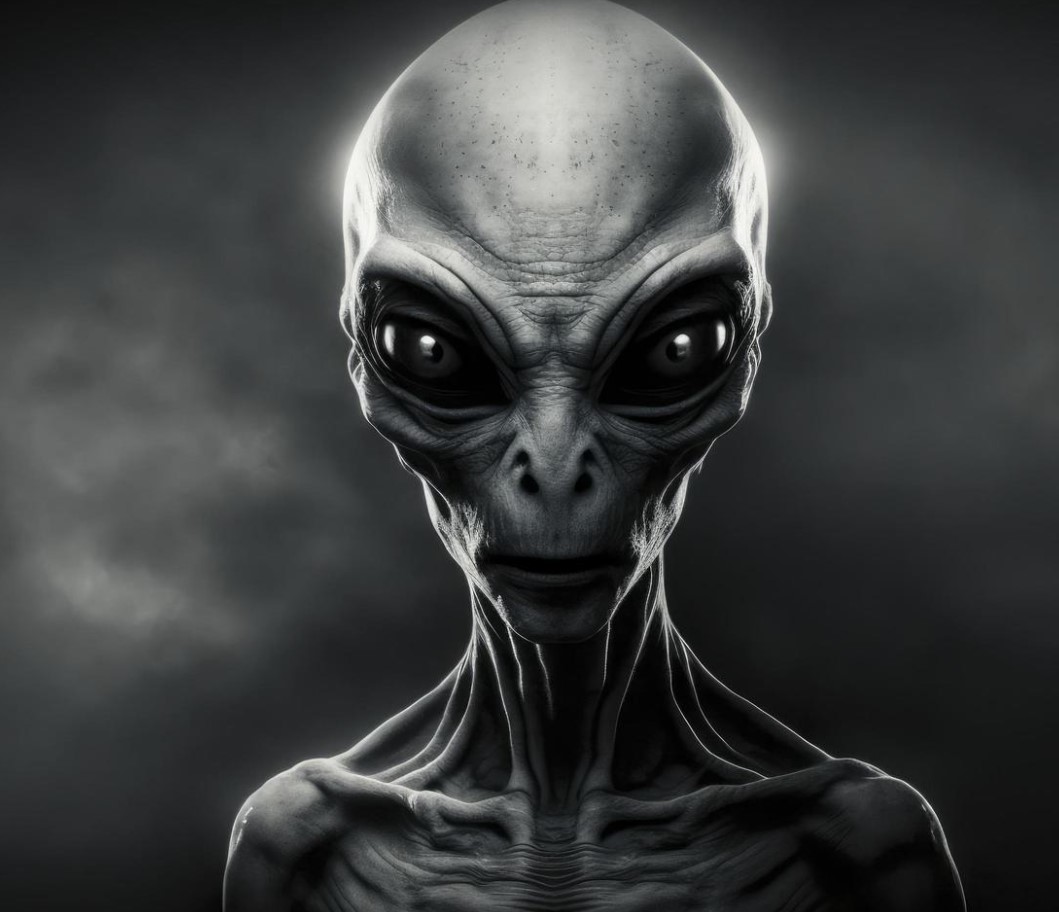
Loeb and his team proposed that these signals might originate from deep-space explorers situated billions of light-years away from Earth.
According to Loeb's hypothesis, the bursts could be caused by the leakage of energy from powerful transmitters on board an interstellar spacecraft
As the spacecraft moves through space, along with its host planet, star, and galaxy, relative to Earth's position, brief flashes of radio waves could be detected on our planet, resembling the sail of the probe.
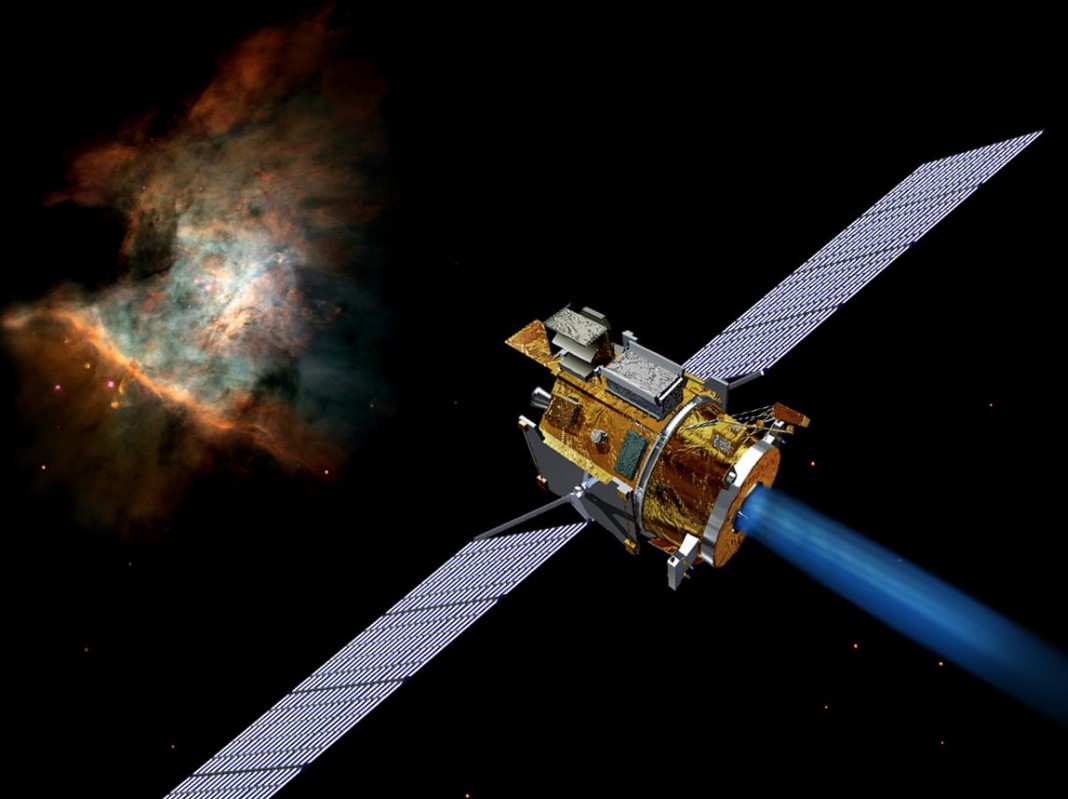
It's important to note that Loeb's hypothesis generated significant scientific and public discussion, but it remains speculative and controversial within the scientific community.
The true nature and origin of FRBs continue to be actively researched and investigated, with astrophysicists employing various observational and theoretical approaches to unlock the secrets behind these enigmatic cosmic signals.






